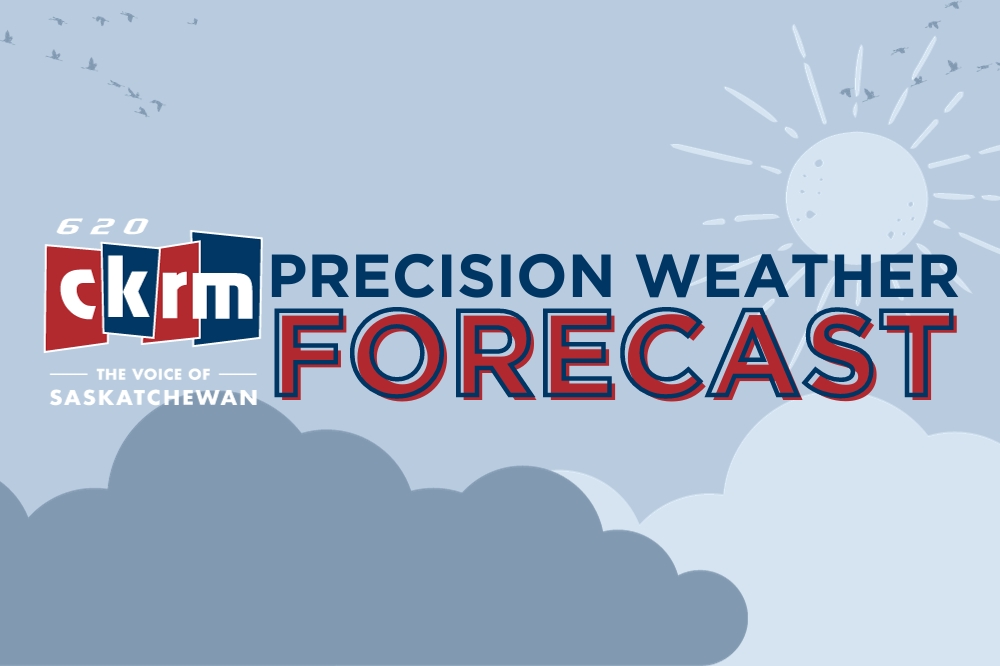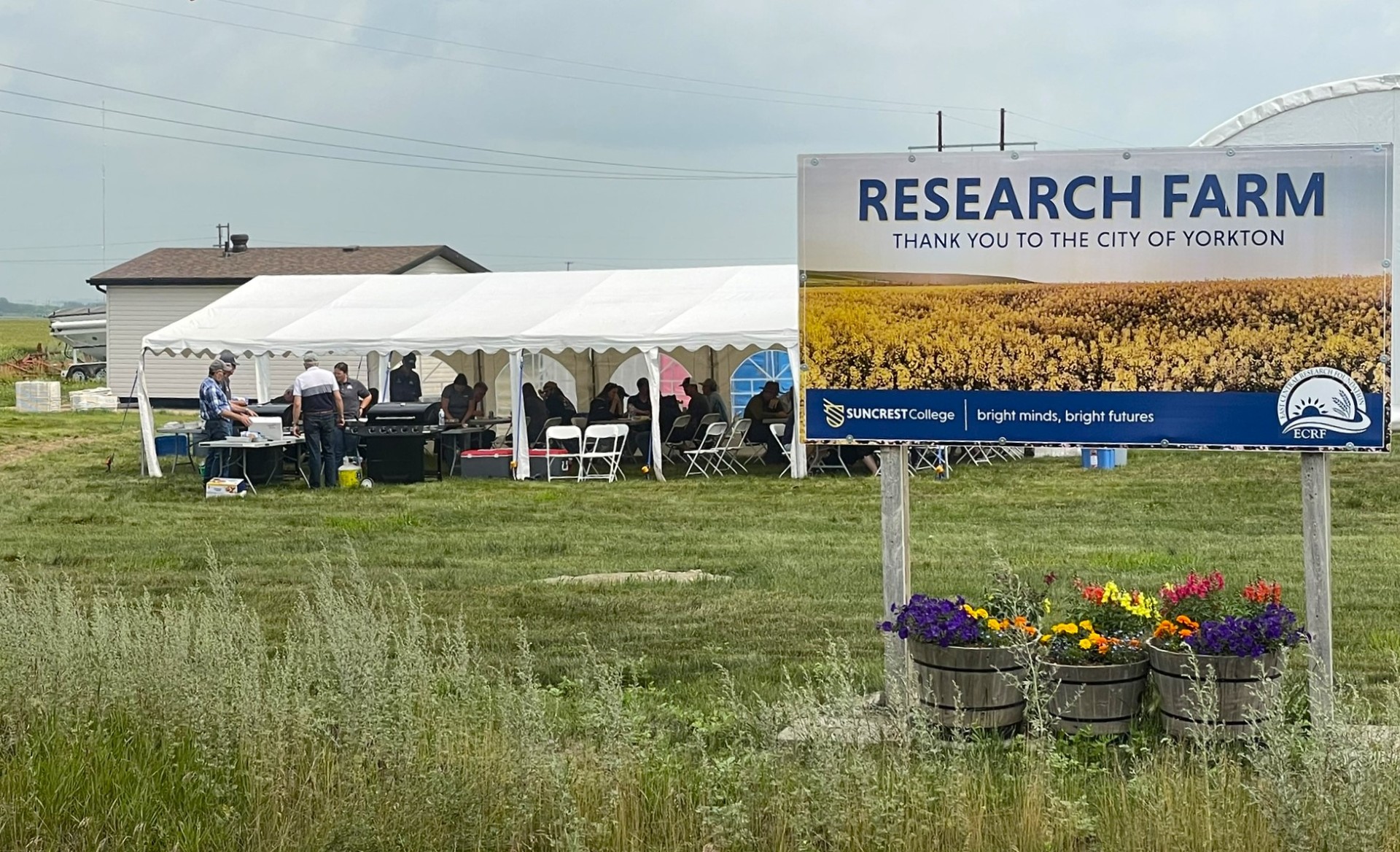The Provincial Auditor Tara Clemett released her 2022 report.
The 290-page report includes 27 audits of various government agencies, services, and programs.
Those audits include recommendations made to agencies like the Workers’ Compensation Board, the Saskatchewan Health Authority, and the Saskatchewan Liquor and Gaming Authority.
Saskatchewan Health Authority – Purchasing Goods and Services
The Saskatchewan Health Authority (SHA) purchases capital assets, goods, and services to support the delivery of health services each year.
The SHA purchased approximately $483 million in goods and services directly, including about $170 million in capital asset additions.
Clemett reports that the SHA needs a more centralized approach for purchasing goods and services over $5,000.
Centralizing purchasing would also support better monitoring of staff compliance with its purchasing policies.
Saskatchewan Workers Compensation Board – Administering Psychological Injury Claims
The report found improvements that need to be made with the Workers’ Compensation Board (WBC) regarding mental health, communication, and wait times.
The report found that WBC accepted 41% of more than 500 psychological injury claims received in 2021 and that 7 of 30 claims that they audit tested did not meet WCB’s target timeframe for assessing and communicating decision outcomes of psychological injury claim assessments (within 14 business days).
The late claim decisions took between 15–43 business days to communicate, which may create delays for injured workers in receiving benefits and treatment.
In addition, WCB expects staff to contact the injured claimant at least once every three weeks. However, WCB only met this expectation for one month in 2021. Regular communication with workers allows staff to stay on top of claim status and progress of treatment plans.
WCB also needs to:
- Set formal guidance on what key information is needed for appeals, what to communicate for appeal outcomes, and what claim information to release to employers for appeals.
- Complete ongoing quality reviews for psychological injury claims and appeal files
Saskatchewan Liquor and Gaming Authority – Regulating Locally Manufactured Craft Alcohol
Consumers increasingly purchase craft alcohol products made in Saskatchewan, with craft alcohol sales nearly doubling in 2020–21 compared to 2017–18.
Locally-manufactured craft alcohol products comprised 4.3% of the SLGA’s annual beverage alcohol sales in 2020–21.
The SLGA’s quality assurance policy requires craft alcohol producers to submit lab test reports verifying products are safe for consumption but does not follow up with delinquent producers in offering required reporting every two years.
Over half of the craft alcohol product lines approved for sale on its tracking sheet (43 of 83 product lines) required updated certifications; craft alcohol producers had not submitted these by the deadline, and the Authority had not followed up.
Some of these craft alcohol producers had not provided certificates of analysis to the SLGA for more than nine months past the deadline.
The audit also found the SLGA did not use a risk-based approach to inspect craft alcohol producers and high-risk manufacturing areas. The Authority completed ten inspections and 24 pre-permit inspections in 12 months (compared to 64 craft alcohol producers) and had not inspected one producer in three years.
SLGA also needs to renew craft alcohol permits before expiry and treat producers consistently and fairly. Producer permits expire after three years; four craft alcohol producers operated without a valid permit during our audit period.








